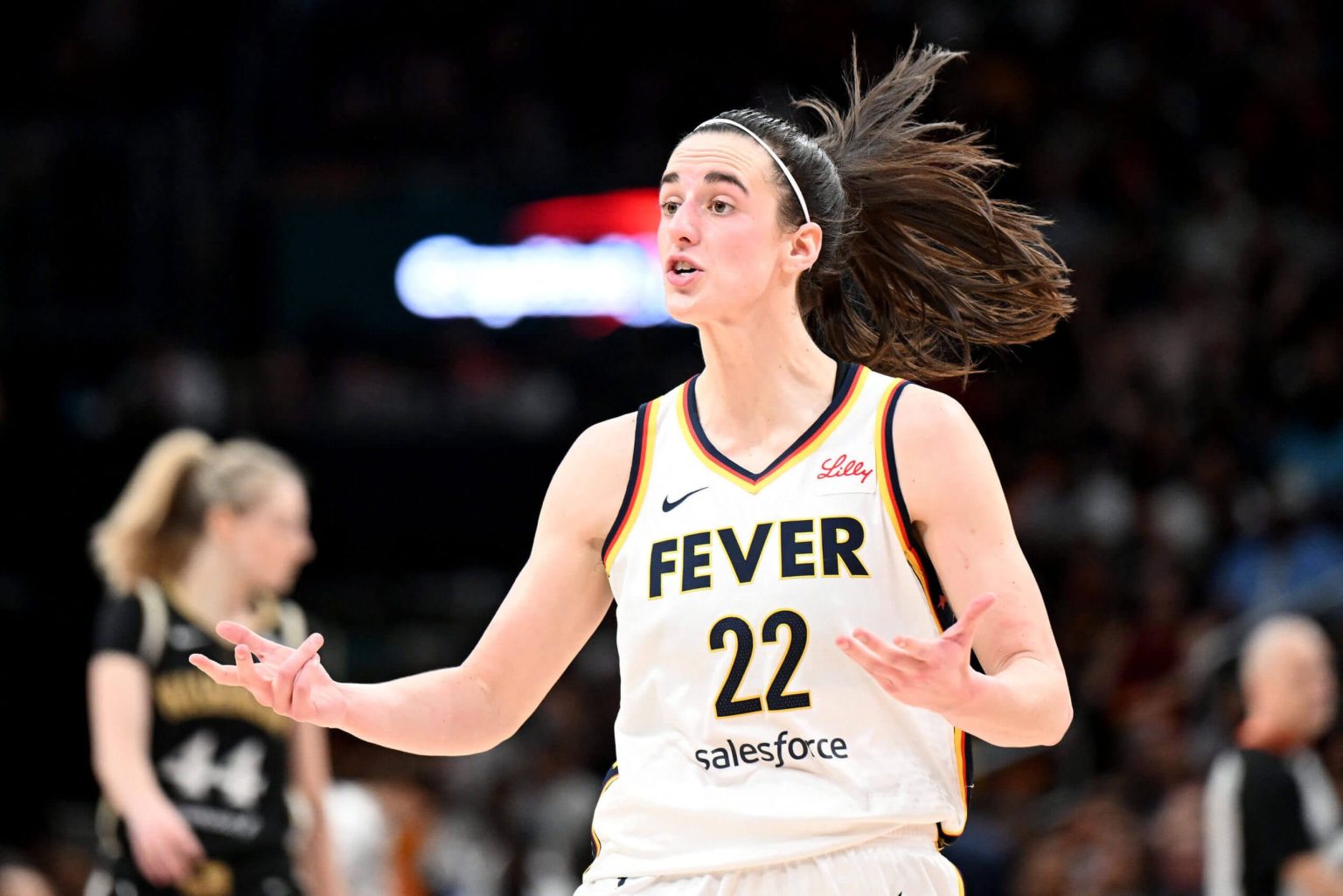In a press conference, Indiana Fever’s star player Caitlin Clark initially avoided addressing the issue of her name being used in divisive ways in the media. She stated that her focus was on basketball, and she did not see the problem. However, after facing backlash, she later clarified her stance, stating that people should not be using her name to push harmful agendas such as racism and misogyny. This incident highlighted the challenges faced by high-profile athletes in navigating controversial topics and the importance of taking a stand against hate and division.
As a rookie player in a new league, Caitlin Clark faces high expectations as a rising star who is expected to lead the WNBA to greater heights. Despite struggling with her performance on the court and being the target of criticism, she cannot hide behind basketball when her name is being used to perpetuate harmful ideologies. The incident with Clark has sparked conversations within the league about the treatment of Black players and the need for all athletes to denounce hate and discrimination.
The incident involving Caitlin Clark is not an isolated one in the WNBA, as other players, including Chennedy Carter and Angel Reese, have also faced backlash and harassment from fans. The issue of race and visibility in the league has come to the forefront, with players like A’ja Wilson speaking out about the disparities in attention and marketing opportunities for Black players. The league has a strong tradition of activism and social justice, and it is essential for all players to uphold these values.
Despite initial reluctance, Caitlin Clark eventually addressed the issue of her name being used divisively and acknowledged the importance of treating all players with respect. It is crucial for high-profile athletes to use their platform to denounce hate and discrimination and stand in solidarity with their peers. The WNBA prides itself on inclusion and acceptance, and it is vital for players like Clark to support these values and actively contribute to a culture of respect and equality in the league.
While Caitlin Clark may have initially struggled to address the controversial topic, her eventual response and acknowledgment of the issue were seen as a positive step by many within the league. It is essential for all athletes, especially those in high-profile positions, to consider the impact of their words and actions and to use their platform for positive change. The incident with Clark serves as a reminder of the challenges faced by athletes in dealing with divisive issues and the importance of standing up against hate and discrimination in the sports world.
Moving forward, it is hoped that Caitlin Clark will continue to engage in conversations about important social issues and advocate for respect and equality within the WNBA. By amplifying diverse voices and promoting a culture of inclusion, players like Clark can help create a more supportive and empowering environment for all athletes. The incident with Clark has sparked important discussions within the league about race, discrimination, and the responsibilities of high-profile athletes, ultimately leading to a greater awareness of the need for unity and solidarity in sports.


